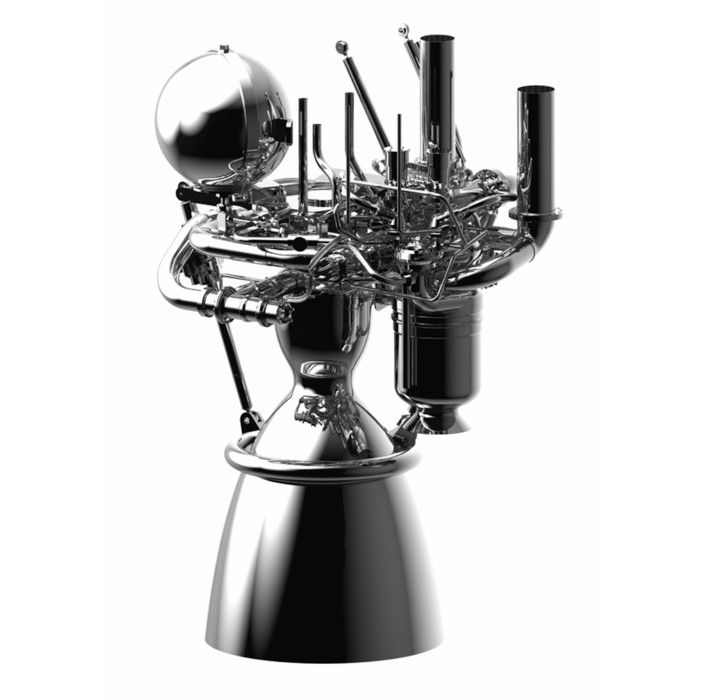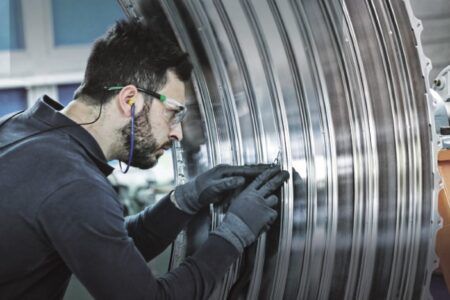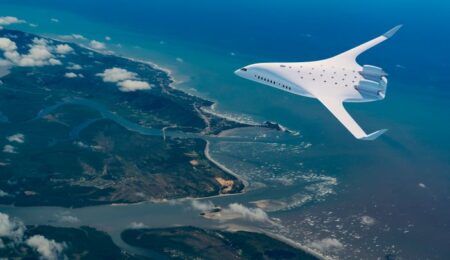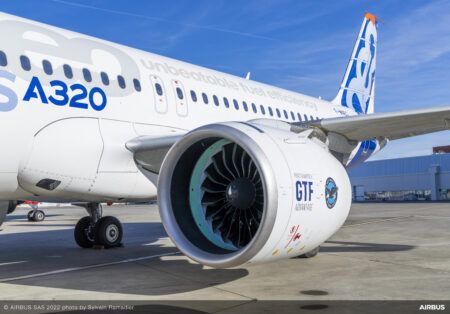GKN Aerospace is to develop and manufacture two full-size turbines for the ArianeGroup’s re-usable rocket demonstrator project Prometheus.
The turbines will be produced using additive manufacturing (AM), which will reduce the number of parts in the turbines from 100 to 2, slashing their cost by 90% compared to designs which uses subtractive manufacturing methods. The Prometheus will be the first additively manufactured rocket engine turbines produced in Europe
The Prometheus low-cost, re-usable rocket engine demonstrators will run on liquid oxygen and methane propellants. The turbines will generate power for the methane fuel system, with the first turbine to be delivered at the end of 2019.
Manufacturing will take place in cooperation with partners and at GKN Aerospace’s engine systems centre in Trollhättan, Sweden.
The turbine is designed to cope with the challenging loads which will be placed on it, including very high pressure, high speed and high temperatures and makes use of the latest AM technologies to provide higher performance, lower lead times and significant cost reduction.
This development of the turbines will also enable engineers to develop designs and AM processes for future higher loaded critical components in terms of pressure, temperature and rotational speed.
Sébastien Aknouche, vice president and general manager, services and special products engine systems said, “We are proud to participate in the Prometheus project and to make a technological contribution to this key European space project. This allows us, together with our suppliers to work with our customer to develop and demonstrate advanced AM technologies in operation and at full scale.
“We look forward to demonstrating the benefits and the added value in weight and cost reduction, and in faster production rates. These factors, along with our established expertise in space turbines, have resulted in the award of this engine turbine contract.”
The European Space Agency (ESA) and the Ariane Group agreed the €75m (US$88m) deal to design, manufacture and test the first two demonstrators of a low cost rocket engine called Prometheus in December 2017. The ESA plans for versions of Prometheus to power European launchers by 2030.
The French Space Agency (CNES) is leading the early design process, and testing is scheduled on the P5 testbed of the German Aerospace Center (DLR) in Lampoldshausen, Germany, for 2020.
The aim of Prometheus is to develop the capability to build future liquid propellant engines with a unit cost of about €1m (US$.18m), or 10 times less than the cost of producing existing engines such as the Vulcain 2.
GKN Aerospace’s space business unit is based in Trollhättan, Sweden and has been active in the Ariane programme since 1974. The Trollhättan centre has made over 1,000 combustion chambers and nozzles as well as over 250 turbines for Ariane rockets to date.





